PRESERVING A MILITARY LEGACY FOR FUTURE GENERATIONS
The following Reflections represents SP4 Orlando Maione’s legacy of his military service from 1958 to 1961. If you are a Veteran, consider preserving a record of your own military service, including your memories and photographs, on Togetherweserved.com (TWS), the leading archive of living military history. The following Service Reflections is an easy-to-complete self-interview, located on your TWS Military Service Page, which enables you to remember key people and events from your military service and the impact they made on your life. Start recording your own Military Memories HERE.
Please describe who or what influenced your decision to join the Army.
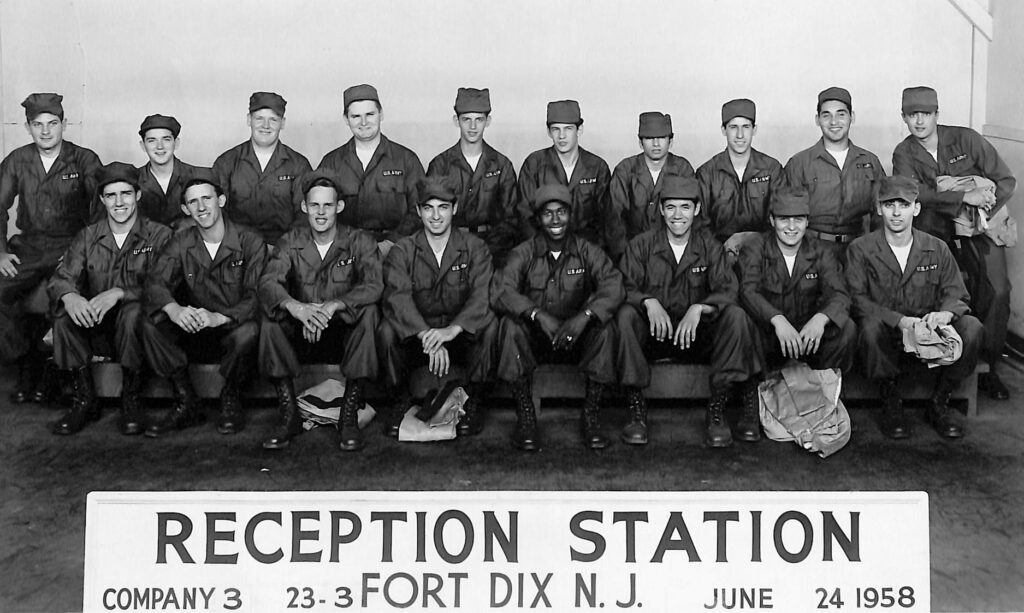
I was 22 years old and just finished my fourth year as a student in a five-year program for a Bachelor of Architecture at the University of Notre Dame, IN. In June of that year, I received my draft notice. I went to the local draft board with my university catalog showing the program I was in was a five-year program; my parents canceled the check for the fifth-year tuition and explained that I didn’t want to get out of the draft. I was perfectly willing to serve but wanted to finish my college education and a one-year deferment.
I was told that the government did not recognize five-year programs for a Bachelor’s Degree and insisted that it was a Master’s program and not eligible for a deferment. In September, I appealed formally in writing and went back to college. I never heard anything after that, and during Christmas break, when I was home, I again went to the draft board to check on my status and request. I was told the request was denied, and there was a “bench warrant” for my arrest.
In a panic, I asked if there was any other way I could resolve the problem. I was told that the Army had a new program called “Choice Not a Chance,” where if I enlisted for three years instead of serving for two years as a draftee, I could determine what branch I wanted to serve in, what specialty, and where I wanted to serve. It was a written contract valid as long as I met all requirements. With my family lawyer’s help, I signed up for the US Army Military Intelligence Corps as an officer stationed in Italy. Turns out the contract was valid, and I got all my selections.
Whether you were in the service for several years or as a career, please describe the direction or path you took. What was your reason for leaving?
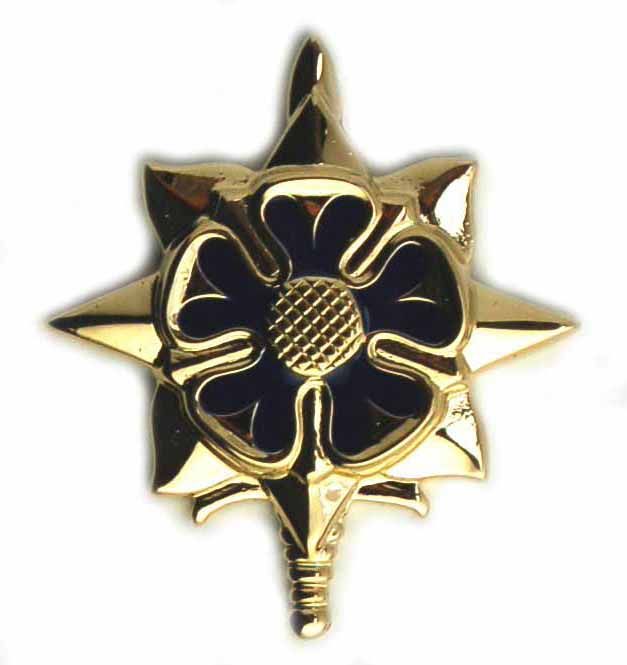
After Basic Training, I received my request to be in military Intelligence and received my orders to attend Fort Holabird, MD, Military Intelligence training school. I trained as a Special Agent, and upon graduation, I received two sets of orders, one to be posted in Italy and one to report to the Officers Candidate School (OCS). When I asked if I could attend OCS and then go to Italy, I was told that there was no longer a guarantee that a position would be open as an officer in Italy at that time.
I decided to take the Italy assignment and go to OCS after. The Italy assignment was perfect for me. I was an undercover special field agent for the entire duty assignment, completing several significant assignments and cases having to do with national security. I loved the work and would have stayed in and made a career of it, but I had a Degree in Architecture that my parents worked long and hard to pay for. During the summers during college, I was working in a prestigious New York architectural firm, and I was well-liked and was promised a position when I was discharged.
In addition, my original Intelligence-trained CO left and was replaced by a Major who had no intelligence training and knew nothing about “the mission,” nor did he care for the agents in the office. He had been passed over three times for acceptance into the US Army War College, and his career was at a dead end. He was going to make our intelligence unit his grandstand. In doing so, everyone in the office was at risk daily, and I decided to get out while I was still alive.
If you participated in any military operations, including combat, humanitarian and peacekeeping operations, please describe those which made a lasting impact on you and, if life-changing, in what way?
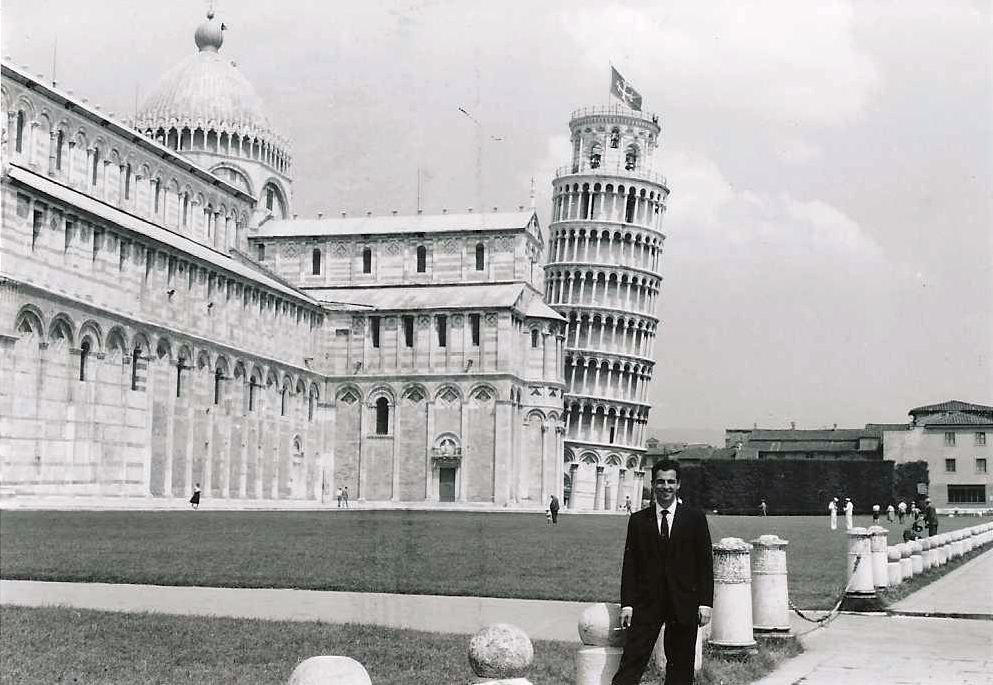
The ones I would love to write about are classified, but two others stand out.
I was active in Camp Darby (Livorno, Italy) Little Theater Group, which produced numerous excellent productions throughout the years of major Broadway plays. The Camp had an amazing amount of talent throughout the ranks of all the military but also a significant number of Dept. of the Army Civilians (DACs), including the Chief CO’s wife. I acted, directed, designed, and built sets and was President of the group on several occasions.
We were requested by the Camp’s CO to participate in a first-ever joint pageantry celebration in front of the Pisa Leaning Tower for Italy’s Garibaldi Day. We were to show the similarity of George Washington uniting the US and Garibaldi uniting Italy, all in dual languages, to the thousands in attendance.
We wrote the script, cast our US characters from our group, worked with the Italian government and their representatives, and produced an excellent event that was a major PR coup. All the agents in the MI office were as fluent in Italian as I was, so I served as MC.
I also created the first military inter-branch evening of theater by asking theater groups from the Air Force base in Aviano and the Naval theater group from Naples to send a one-act play. Camp Darby provided the third act for a full evening. The success resulted in my unifying all the military Little Theater Groups in Italy, i.e., the America Allied Theater in Italy (AATI), and serving as its first president.
Did you encounter any situation during your military service when you believed there was a possibility you might not survive? If so, please describe what happened and what was the outcome.

As an undercover field agent, everyone in the MI field office was, by the selection, Italian-looking and spoke fluent Italian. We never wore uniforms, lived off base, had custom Italian clothing, wore our hair longer, etc., and could pass in any situation without detection. However, a trusted NATO ally, Italy had a significant number of communists active in everyday life, including the Mayor of Livorno, the Chief of Police, the Long Shoremen Union, etc. Livorno was a Logistical port for NATO’s Mediterranean operations.
When our intelligence-trained office CO left the command, he was replaced by a Major with no intelligence training or interest in the missions. He was 6′-7″ tall and towered over the entire office and every Italian at the time. He knew nothing about Italian culture or the Italian people; he only cared about his dead-end career. (He was passed over three times for the Army War College). He also did not understand or speak one word of Italian.
He insisted on “learning everything he needed to know about intelligence” by going with the agents in the field. The Italian communities and groups we worked with accepted us as American civilians when we were on official visits. Still, as undercover personnel in a riot of Communist political rallies, we had to blend in with the “natives” and did very well. With him along, that would have been impossible. Not only did his height make him stand out, but he insisted on wearing his dress greens with all the military ribbons. He was a prime target standing next to him. Everyone one of us avoided his request to have him tag along. We finally told him “they” were looking for a tall target like he was,” which ended his field requests.
There were other situations that were even more dangerous, but those are classified.
Of all your duty stations or assignments, which one do you have fondest memories of and why? Which was your least favorite?
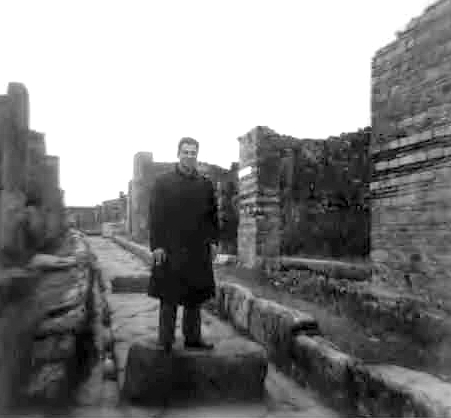
Italy was my favorite because of my Italian heritage and my study of the classical architecture of the country, which I finally got to see most of in person. I enjoyed the work, the cases, the lifestyle, the people, etc. Living as a civilian offered me many opportunities not available to the regular GIs at the base. I was in a private apartment across from the beach with mandatory housekeepers, etc. Yet I still had a military persona that I used for some vacations since official military travel orders allowed me to travel free on any type of military transportation available to where I wanted to go.
My least favorite was my Basic Training at Fort Benning, GA. As a New Yorker, I was supposed to train at Ft. Dix, NJ, but my entire recruit battalion was shipped down to Ft. Benning in June 1958 to a section of Benning that hadn’t been used since serving as a WWII German prisoner of war camp.
The stereotypical southern sergeants had little or no experience with recruits and, by their own admission, did not like “college kids, Catholics, Jews, Blacks, Puerto Ricans, Northerners,” and our NY recruit battalion had all of the above. It was battle royal the entire hot summer at boot camp, where it was 110 degrees in the shade when you woke up at 5 a.m. Nothing in those days was air-conditioned.
From your entire military service, describe any memories you still reflect back on to this day.
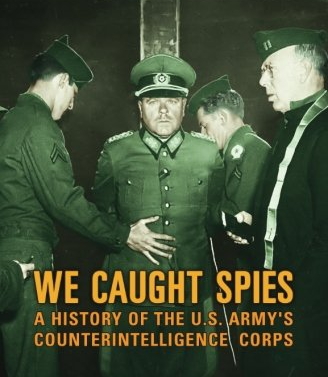
I reflect positively on my selection of enlisting for Military Intelligence. The “silent service,” as it was also referred to, proved to be perfect for me. As an experienced non-professional actor, it was easy to create a cover persona for my civilian image and even easier to change characters as needed for any situation. I found the work to be rewarding and worthwhile and felt that I accomplished something for the country.
What professional achievements are you most proud of from your military career?
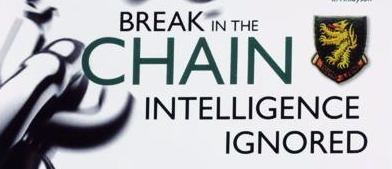
I got a Purple Heart and Silver Star. When I was evacuated, they messed up on my name, which was pronounced (She-ack; long S); they had typed Shehack and it’s Cihak. The SFC stated he would get it fixed and mail the corrected orders and certificates, but I was to keep the medals; I still have them but never received the updated paperwork.
Also, during my 1st tour, we had to take 50 cal out in the bush at night. During the day ambushes with the inf, we were issued CIB just like them after all their CPT stated we were humping the heaviest loads (“LOL” one man on the full 50 and another with the tripod). When we returned, personnel said we were not authorized CIB and researched them, “Valor stolen by our own.” They stated we did now deserve them as we did not have an inf mos; we were machine gunners, and a CIB is just for inf personnel, but there were others that went with the inf with non-inf mos that kept theirs. But they faced many of us back then, and they should have had to carry a complete 50 in the bush. In WWII, machine gunners were part of the inf and received CIBs.
I live next to a SSgt (stripe has a T on it) who was a machine gunner in the Army in WWII and Korea; his CIB is the 2nd award. During 1st tour, when assigned to an arty battery with an ARVN inf battalion, we were his, and I was on a ground-mounted 50 when the gun blew up. The arty LT decided it was our (My) fault because we did not know how to use a 50 (wow, a quad crew did not know how to use a 50 cal) lasted two days the ARVN Cap came to us, and stated that he informed the LT he found out that one of the soldiers he assigned to the 50 teams had missed with it as he was a VC and that he had been shot by firing squad, the LT said well sorry about that. Still, I submitted my report, and our CO told us later that he had gotten it pulled. I remained with my Quad. I was the NCO. We only had a crew of 3 of us at this time, healed up in the field, having taken shrapnel and powder in my knee and leg; oh, what a life, I would not have changed a thing I lived thru, but would have liked my awards taken and never issued.
Of all the medals, awards, formal presentations and qualification badges you received, or other memorabilia, which one is the most meaningful to you and why?
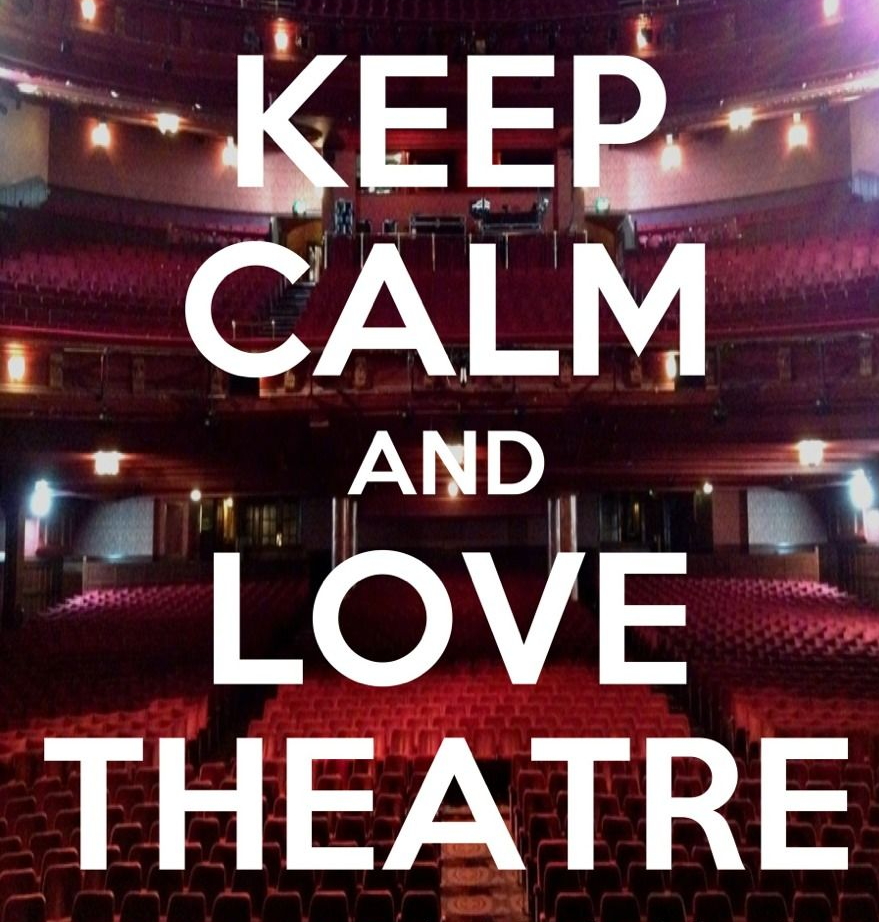
A Letter of Commendation from the Director of the USO in Columbus, Georgia, for a pro-bono mural I did for them to decorate their USO Club.
I designed and made a Thank You Letter from the Catholic Chaplin at Ft. Benning for the Tabernacle and a Cover for his Chapel on the base.
Letter of Commendation from the CO of Camp Darby, Italy, and Thank You from the US Ambassador to Italy for the Washington-Garibaldi Celebration
My election as the first President of the American Allied Theaters in Italy (AATI).
Which individual(s) from your time in the military stand out as having the most positive impact on you and why?
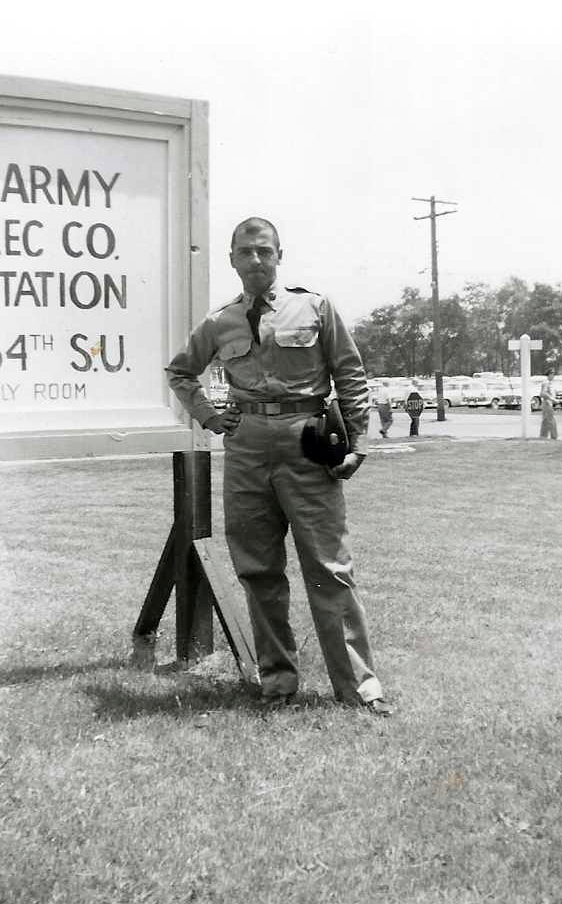
CWO George Terry and CWO Dino Merrone of the 163MI Battalion, Camp Darby, Italy. These two older, seasoned veterans were my training partners while stationed at Camp Darby. They were WWII vets and had been through a career worth of experience but were still willing to mentor a young agent like me. I gained a lot of experience and knowledge from both of them.
Can you recount a particular incident from your service, which may or may not have been funny at the time, but still makes you laugh?

When I first arrived at the duty station at Camp Darby, I quickly realized I was a trained architect and was tasked with making suggestions to improve the security of our office. Once I made the survey, I was asked to file the forms to obtain items suggested with the following results:
1. I suggested the front door be electrified so that the Corporal clerk, who also served as the receptionist, didn’t have to leave his desk and uncovered classified documents he was working on to answer the front door. He could just “buzz them in”. Result: we were sent a note to “use a chain with a sign that stated ‘no admittance.'”
2. We had two Khaki-colored US vehicles for office cars, complete with military numbering and a white star on the door. It is not something we wanted to use for undercover work. I requested two small black FIAT autos similar to what was on every street in Italy. Result: We were shipped three new Chevrolet four-door sedans, one painted mint green, one powder blue, and one cream-colored.
3. I requested a miniature spy camera that would fit in a cigarette pack or look like a pen so we could take undercover photos at rallies, demonstrations, Communist Party speeches, etc. Result: We were sent one of the first Polaroid Land Cameras measuring 10″ long and 4″ wide.
What profession did you follow after your military service and what are you doing now? if you are currently serving, what is your present occupational specialty?
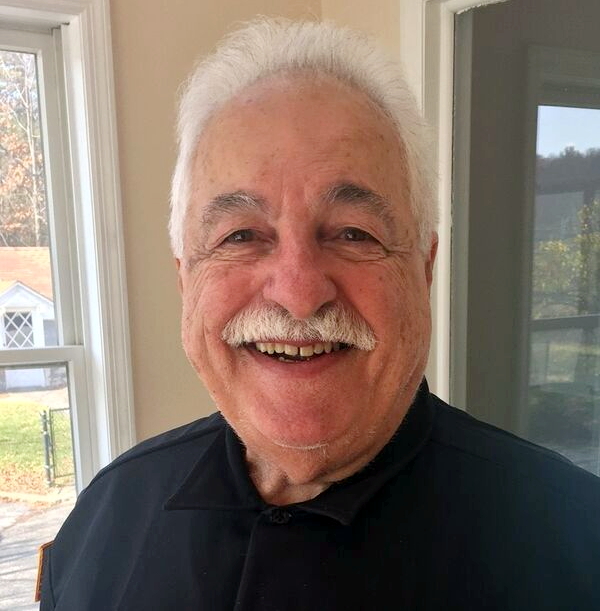
After being discharged, I was trained as an architect and practiced as a licensed architect. Since retiring in 2006, I retired as a Board Certified Healthcare Architect, one of the first in the country.
What military associations are you a member of, if any? what specific benefits do you derive from your memberships?
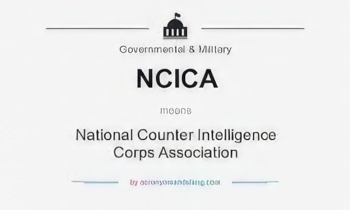
American Legion Post 432, Port Jefferson Station, NY
National Counter Intelligence Corps Association (NCICA)
The benefits of NCICA only are camaraderie and an opportunity to talk to others who have “been there” and understand.
In what ways has serving in the military influenced the way you have approached your life and your career? What do you miss most about your time in the service?
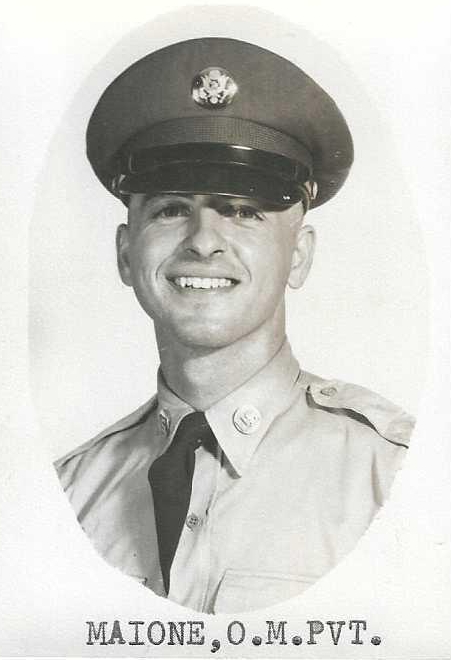
It has affected my politics, and I want to change how people perceive “intelligence gathering” as a necessary evil. It’s not intrusive, it’s necessary. I also seek candidates who understand what the mission of intelligence gathering means and how it is a positive for the nation.
I miss the service to the country and the knowledge that we need more trained people looking out for our national security.
Based on your own experiences, what advice would you give to those who have recently joined the Army?
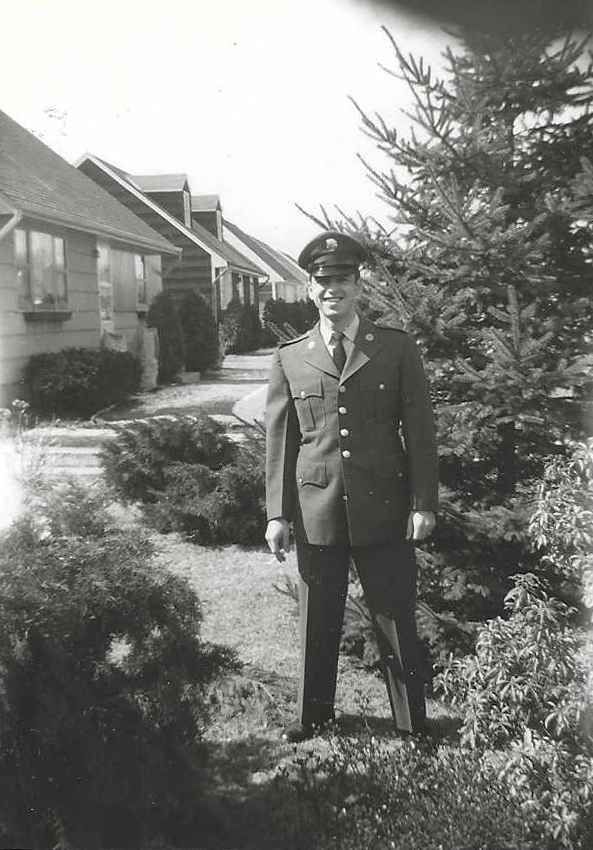
Take it seriously. Learn all you can. Especially learn “the rules and regulations.” They can be stepping stones and not stumbling blocks. It’s time well spent, and you get as much out of it as what you want to put into it. Don’t worry, “This too Shall Pass”.
In what ways has togetherweserved.com helped you remember your military service and the friends you served with.
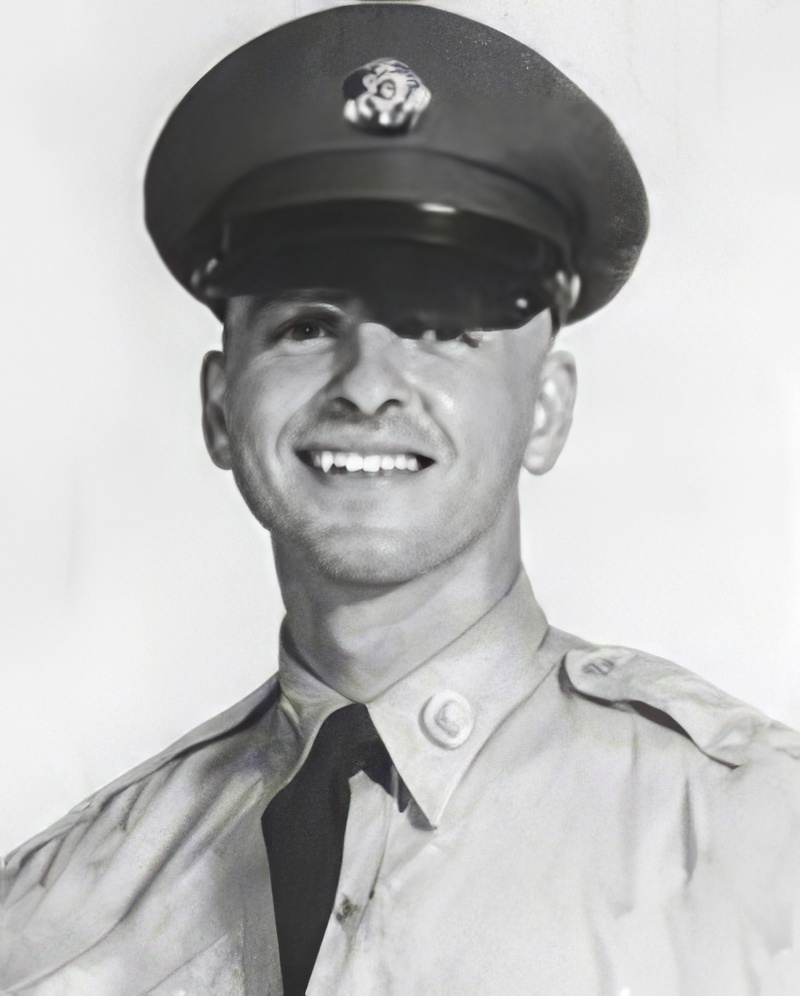
It’s one of the few places to record your memories so they will not be lost. It’s a feeling that someone cares and maybe someone will listen.
PRESERVE YOUR OWN SERVICE MEMORIES!
Boot Camp, Units, Combat Operations
Join Togetherweserved.com to Create a Legacy of Your Service
U.S. Marine Corps, U.S. Navy, U.S. Air Force, U.S. Army, U.S. Coast Guard
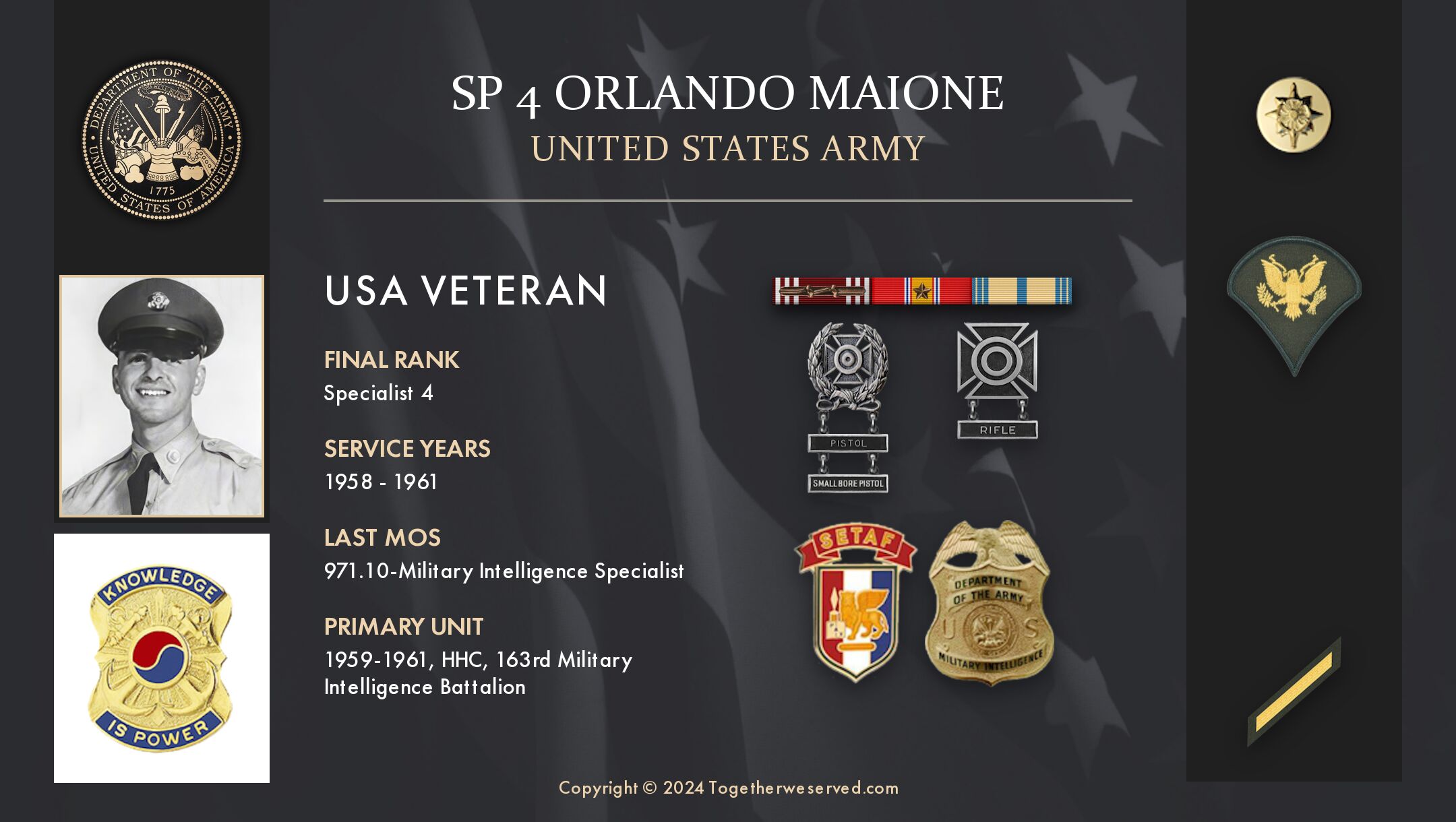
I thank you for your service and wish there were more like you in this world. I enjoyed reading your posting and the humor imposed on top of nonsense and pain.